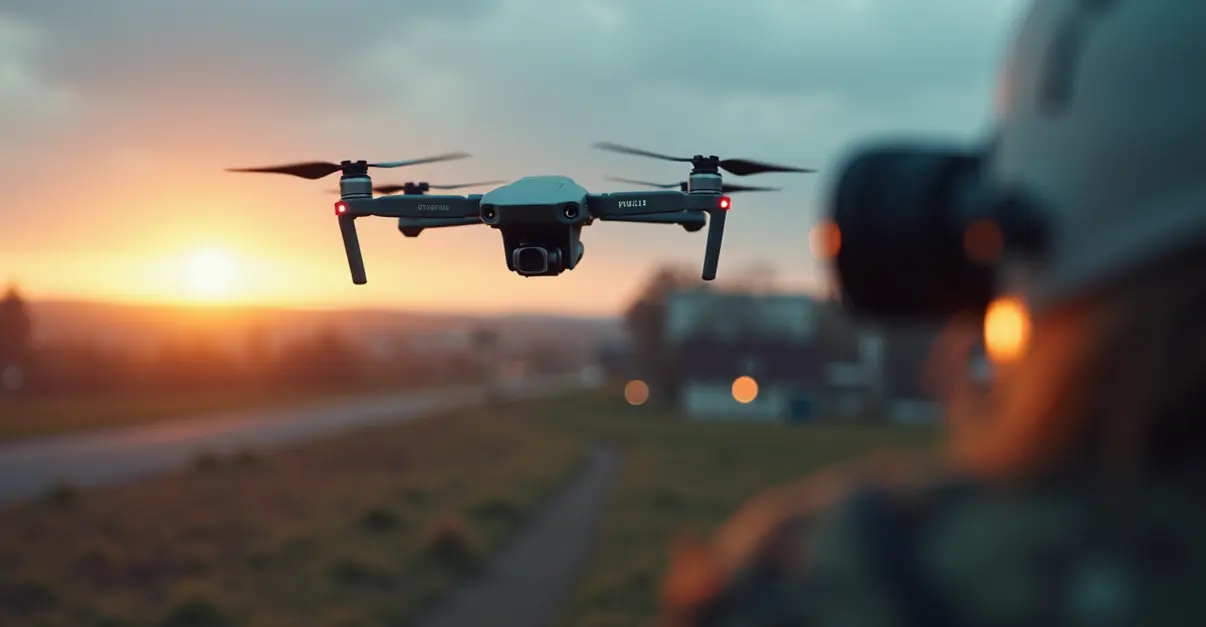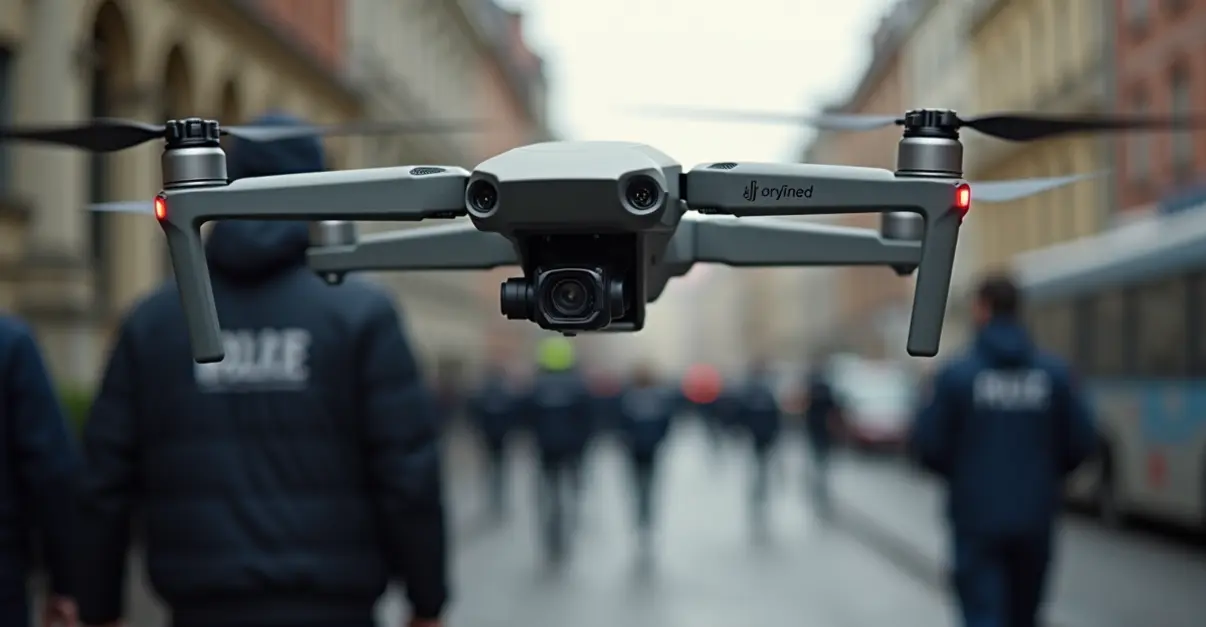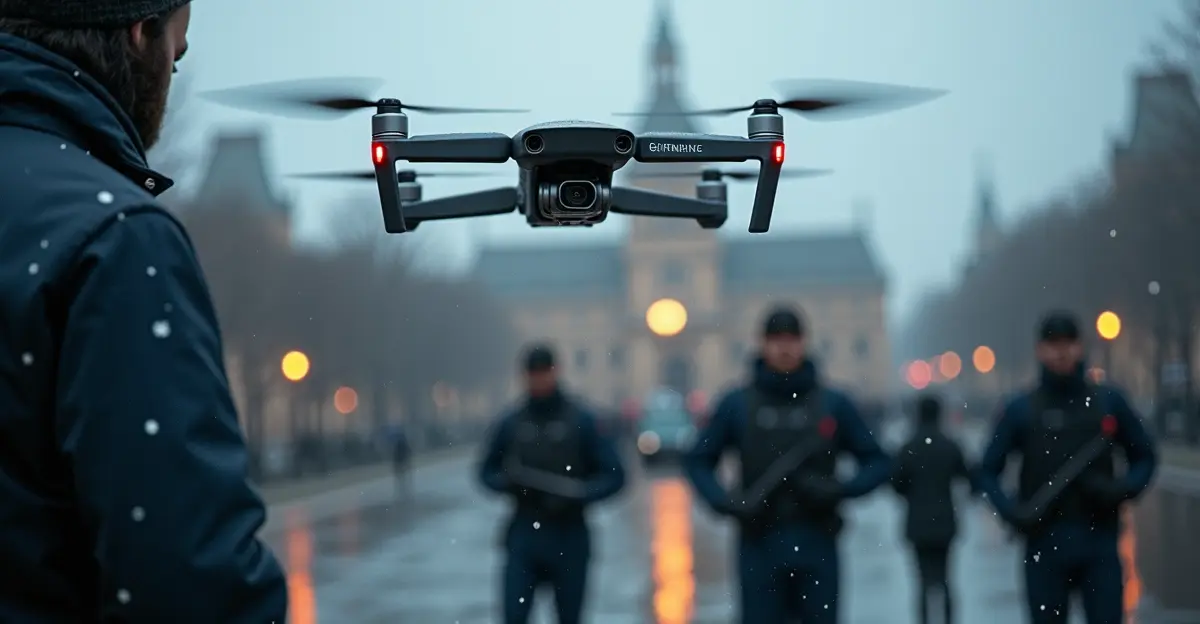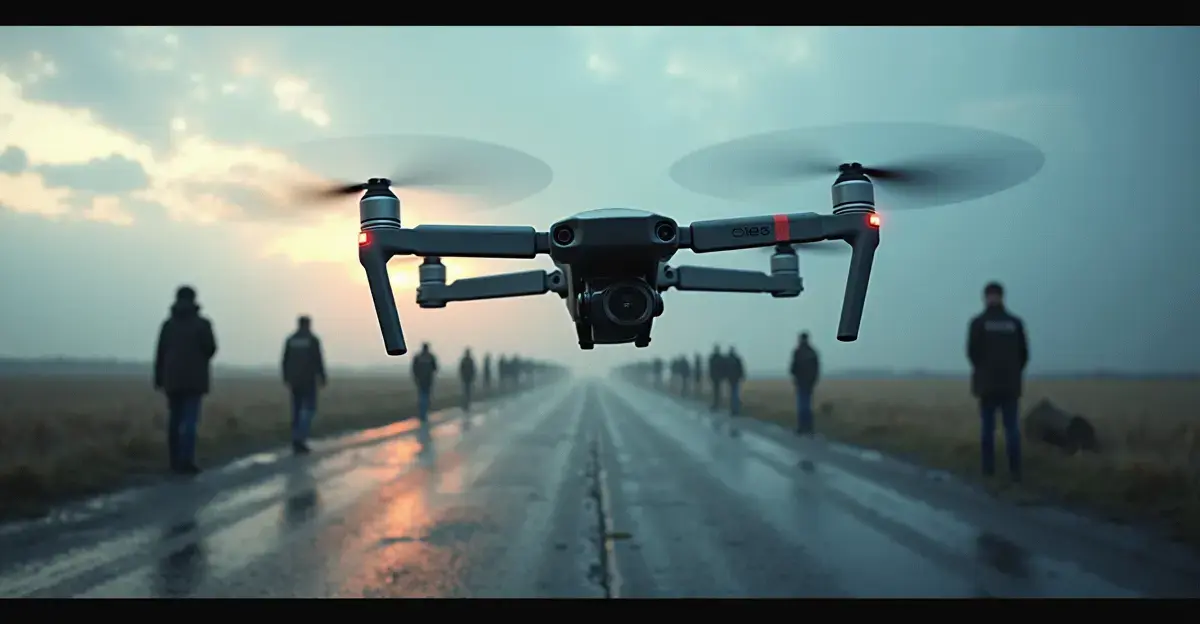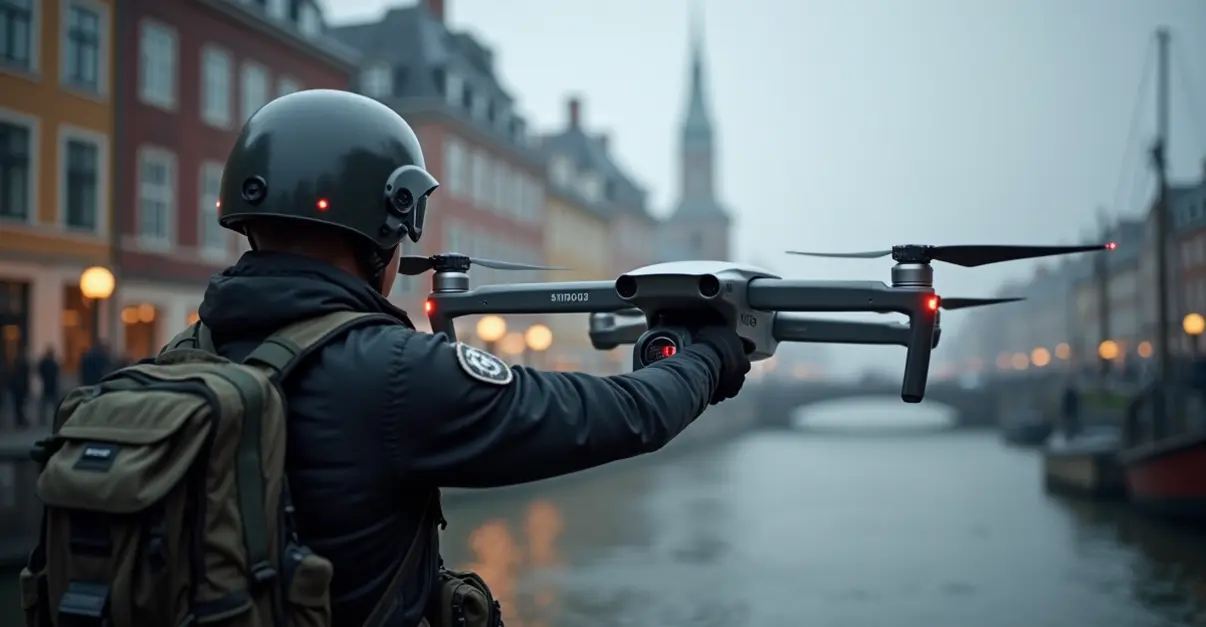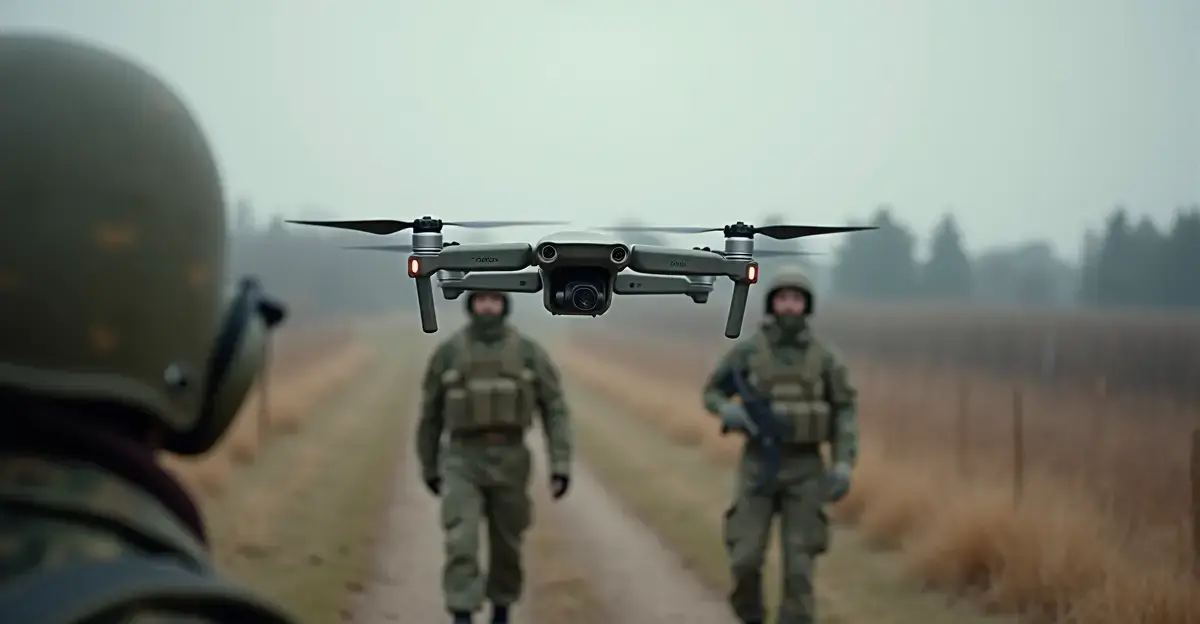European leaders at Copenhagen summit seek Ukraine's drone defense expertise amid growing threats. Ukraine offers to share hard-won knowledge from fighting Russian drones daily, while leaders debate practical implementation of EU drone wall proposals.

European Leaders Seek Ukrainian Drone Defense Knowledge
European leaders are actively seeking Ukraine's hard-won expertise in countering drone threats during the European Political Community (EPC) summit in Copenhagen. The gathering comes at a critical time as Europe faces increasing drone incursions and seeks to bolster its defensive capabilities.
'The only expert right now in the world when it comes to anti-drone capacities is, unfortunately, Ukraine, because they are fighting the Russian drones almost every day,' stated Danish Prime Minister Mette Frederiksen, who hosted the summit. 'We need to take all the experiences, all the new technology, all the innovation from Ukraine, and to put it in our own rearming.'
Ukraine's Unmatched Experience
Ukrainian President Volodymyr Zelensky confirmed his country's readiness to share its extensive knowledge, particularly with Denmark following recent drone sightings in the Scandinavian country. 'Of course we will not stay aside,' Zelensky declared, emphasizing that Ukraine possesses 'the biggest and most relevant experience in dealing with drone interferences worldwide.'
The significance of Ukraine's expertise was further highlighted by NATO Secretary General Mark Rutte, who noted: 'Ukraine is a powerhouse when it comes to innovation, insights, for example, when it comes to anti-drone technology, anti-cyber threats, etc.' Rutte emphasized the importance of Ukraine sharing insights gained during more than three years of 'this terrible full Russian onslaught, unprovoked.'
The Drone Wall Debate
The discussions follow recent EU talks about creating a comprehensive 'drone wall' for European airspace protection. However, leaders expressed caution about the practical implementation of such ambitious projects.
Lithuanian President Gitanas Nausėda, whose country borders Russia-ally Belarus, warned about the enormous costs of creating a system that could protect every inch of territory. He advocated for a more targeted approach to drone defense.
Polish Prime Minister Donald Tusk, whose country experienced a significant drone incursion in September 2025 when Russian drones entered Polish airspace, expressed understanding of concerns about the effectiveness of such walls. Tusk noted he wished discussions about improving drone defense capacities in Europe were already more advanced and decisions on financing already taken.
Realistic Expectations
Frederiksen provided a sobering perspective on the limitations of drone defense systems. 'I don't think we will ever reach a conclusion where no drones are flying into Europe or no sabotage will be seen,' she stated, acknowledging the persistent nature of the threat.
The EPC summit, which brings together nearly 50 European leaders, represents French President Emmanuel Macron's vision for fostering dialogue and cooperation beyond EU borders. Established in 2022 following Russia's full-scale invasion of Ukraine, the European Political Community aims to strengthen security and stability across the continent.
The current gathering marks the seventh EPC summit since its inception, with previous meetings held in Prague, Tirana, and other European capitals. The exclusion of Russia and Belarus from these gatherings underscores the political divisions stemming from the ongoing conflict in Ukraine.
Broader Security Concerns
Beyond drone defense, the summit addresses multiple security challenges facing Europe. Discussions are expected to cover economic security, drug trafficking, and migration issues - all interconnected aspects of continental stability.
The participation of countries outside the EU, including the United Kingdom, Moldova, Switzerland, and Georgia, demonstrates the broad consensus on the importance of collective security measures in the face of emerging threats.
As Europe continues to navigate complex security challenges, the willingness to learn from Ukraine's battlefield experience represents a pragmatic approach to addressing the evolving nature of modern warfare and defense requirements.

 Nederlands
Nederlands
 English
English
 Deutsch
Deutsch
 Français
Français
 Español
Español
 Português
Português




